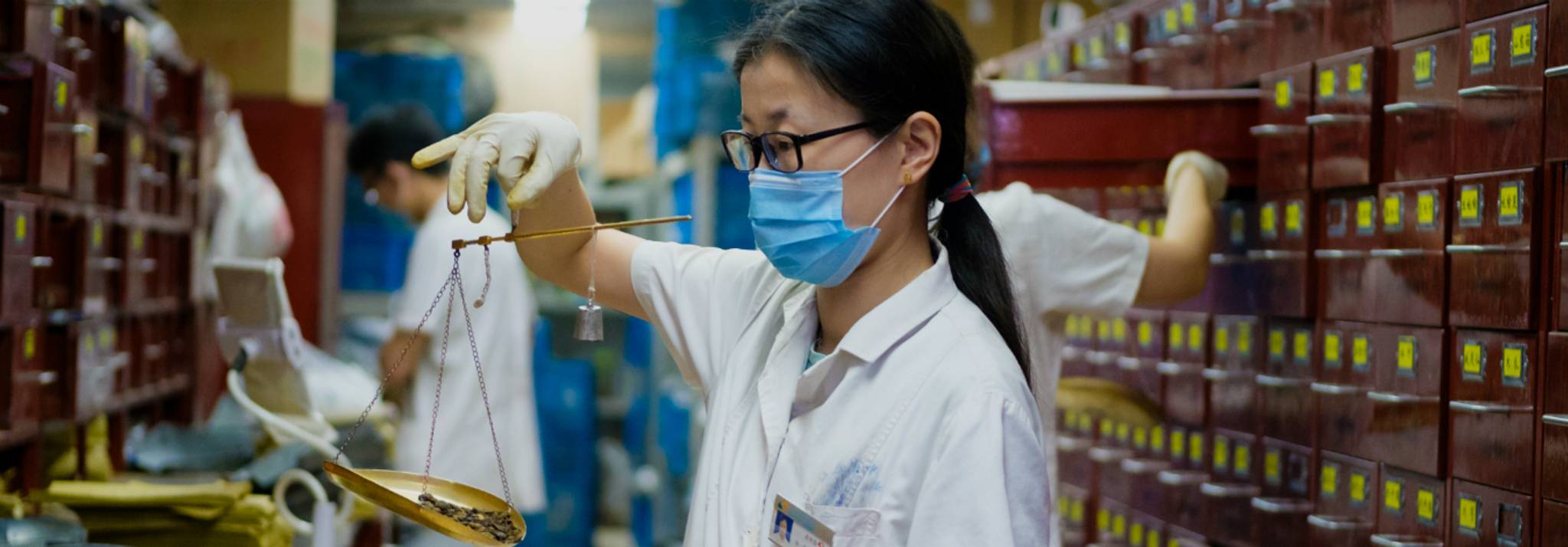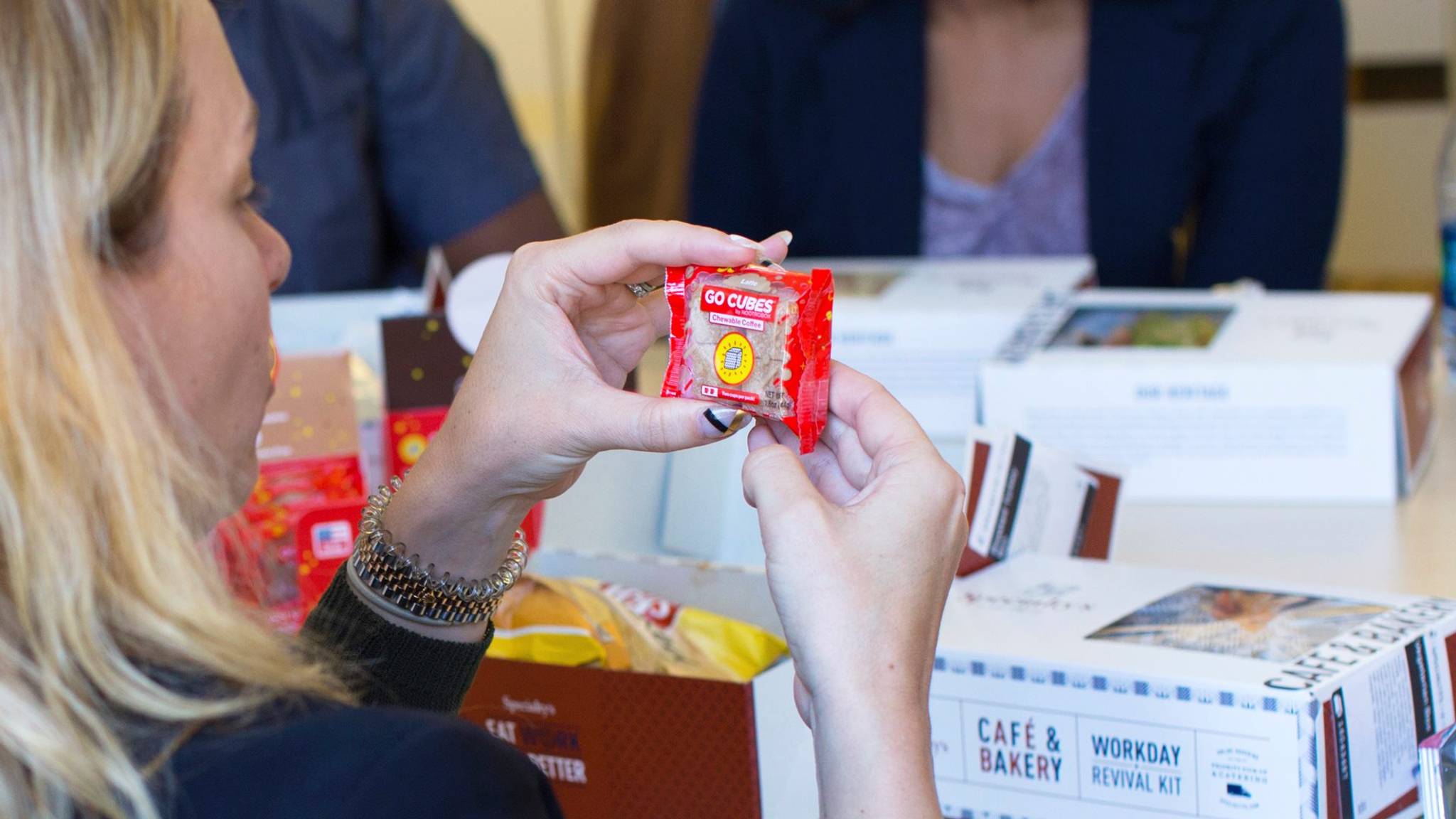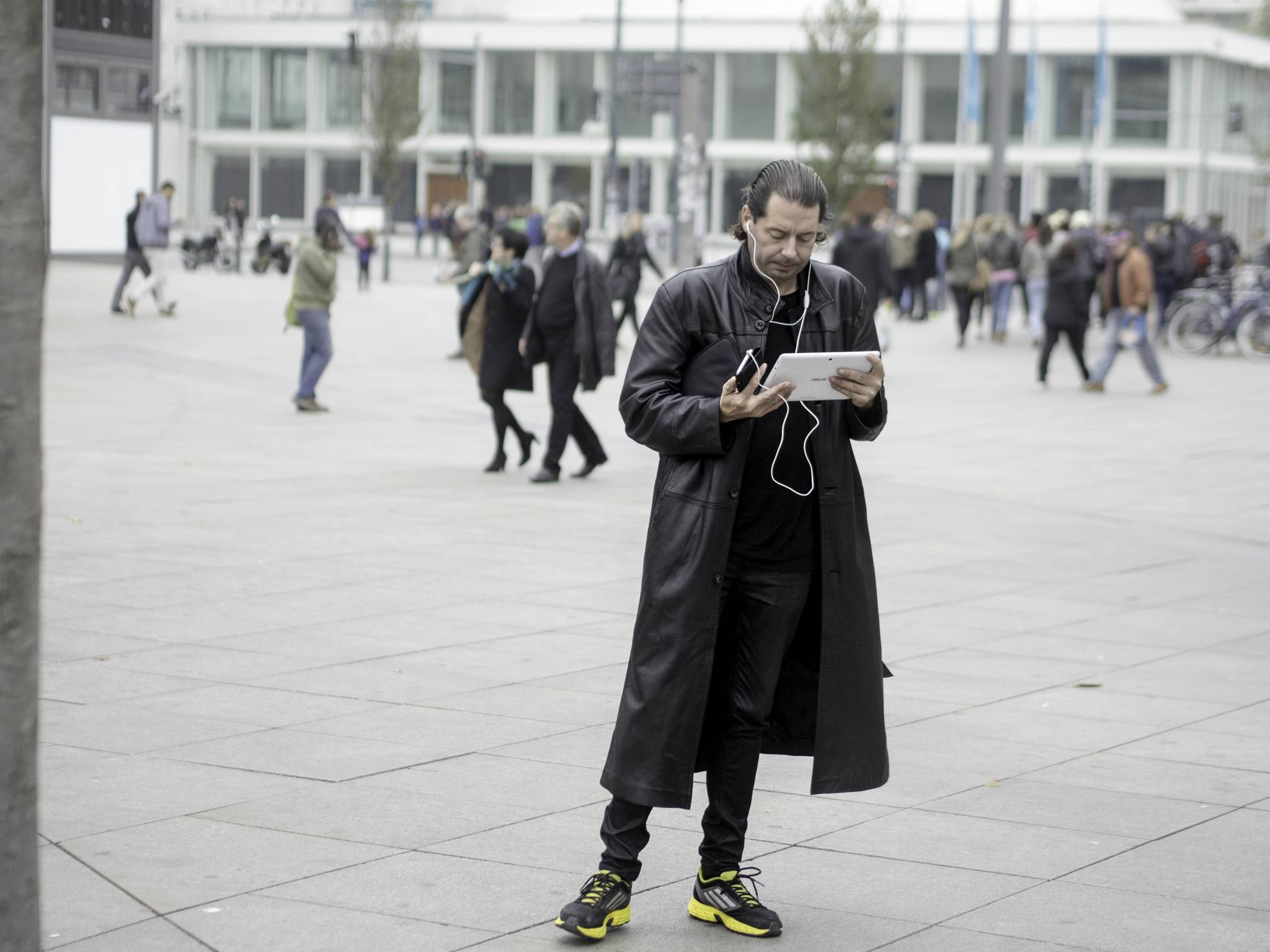
A Chinese medical graduate student has built a robot to bring acupuncture into the 21st century. As greater spending power in China threatens to make time-honoured treatments obsolete, Acubots is merging tech advances and established practices for those who value progress as well as tradition. We explore the insights behind how age-old remedies and technology make good bedfellows after all.
Acubots is a robot with a mechanical arm that can insert acupuncture needles into a patient’s skin much faster than a person could do manually – a development that makes the process less painful. The robot measures a person’s body size and shape, and uses that information to find the acupuncture points that are thought to correspond to specific tissues and organs. Highlighting the project's appeal and potential, Acubots has been given $15,000 in funding from the Chinese government.
Beyond making treatments less painful, Acubots is an example of how tradition and technology can be compatible. For China’s rising middle classes, more spending power is being directed towards health innovations that disregard traditional wisdom, with the nation’s pharmaceutical market set to grow from $108 billion in 2015 to $167 billion by 2020. As the health-conscious individual’s options grow – from age-old remedies to genome sequencing and personalised smart drugs – tradition is being shelved in favour of newer treatments.
But heritage is still important to people in the country – 78% are proud of their Chinese nationality, and 86% would factor traditional philosophies like feng shui into their home-buying decisions. And in China’s rural areas, long-established remedies continue to be the first line of defence against mental illness. “There are many who think that going to a psychiatric hospital brings dishonor,” says Zhou Liang, a professor at the Xiangya School of Public Health at Central South University, on why some would choose to treat depression with needles instead of pills. Within this complex context, Acubots represents an attempt to make the most of new technologies and new spending power while still keeping a hold on old customs.
Mira Kopolovic is a behavioural analyst at Canvas8, which specialises in behavioural insights and consumer research. She has a Master’s degree that focused on artist-brand collaborations, and spends her spare time poring over dystopian literature.



